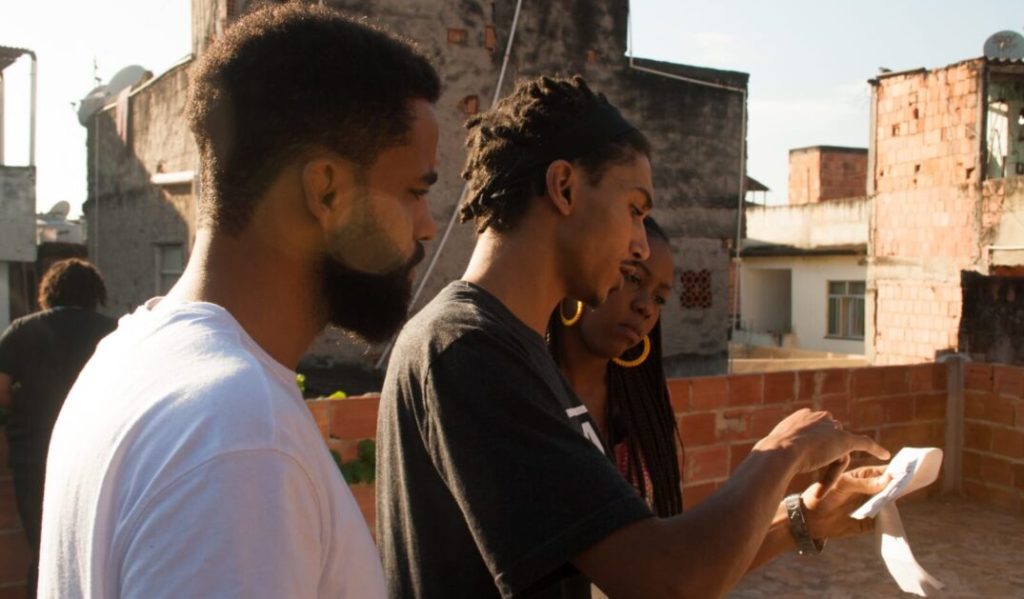In December 2021 a hacker attack on the Brazilian Ministry of Health caused a data blackout of several public health databases platforms, hardening up the updates of new cases of infection and deaths. Leading Scientific Institution Fiocruz researcher says data entry into the public systems has already been re-established but presenting instability and delay in updating information. A sensible issue, especially in favelas since the data regarding these areas are not properly accounted for by authorities.
In response to this need LabJaca, provides research, training, and data production on favelas. The organization uses audio-visual media which has been more responsive to collecting data in favelas. The data collected from daily situations have found a profile of the major recipients of the social campaign “Jaca Against Corona” was black, unemployed, female housewives suffering from domestic violence. The next survey plans to map the COVID-19 socio-economic impacts on the lives of the locals.
Following the same need, the Association of Women of Itaguaí—Warriors and Social Articulators (A.M.I.G.A.S.), also has been notifying cases of the disease through the Covid-19 in the Favelas Unified Dashboard. A tool that has been essential during the pandemic outbreak as it unifies 355 community favela data covering 71% of Rio’s favelas. In which, an innovative research methodology using Zip Codes to later notify cases by area. The Favelas Unified Dashboard estimates that 1,265 people living in favelas were vaccinated. Moreover, the NGO which manages the Dashboard has stated that other issues such as energy and water justice and security in favelas will be the central themes this year. Later on, a six-month course training will be given to 45 leaders and youth from 15 favelas targeting to find key issues in their communities.
Learn more: https://rioonwatch.org/?p=69006
